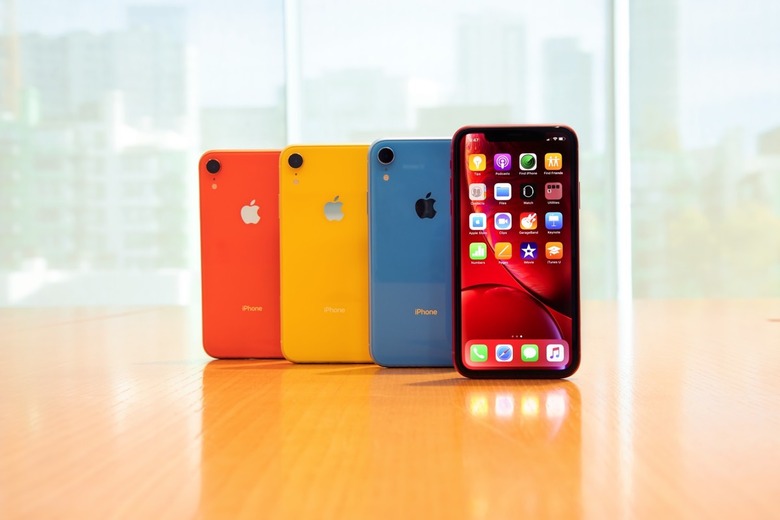Where Apple Went Wrong With The iPhone XR
Is Apple's iPhone XR a flop? Hardly. As Tim Cook emphasized during a recent interview, the iPhone XR has been the top-selling iPhone model every single day since it launched a little more than two months ago. That said, there's no getting around the fact that the iPhone XR isn't selling quite as well as Apple initially anticipated. So while the device certainly isn't a colossal failure, it's not exactly a runaway hit either.
In one respect, this is surprising, given that the iPhone XR is incredibly compelling from a features perspective. Truth be told, the iPhone XR arguably offers users more bang for the buck than any other iPhone Apple has ever released. That notwithstanding, there are two reasons why I believe the iPhone XR has failed to resonate with consumers to the degree Apple and analysts initially expected.
First things first, the marketing campaign surrounding the iPhone XR has been nothing short of lazy. It almost seems as if Apple assumed it could add some color options to its iPhone lineup and consumers would reflexively start lining up around the block. What's more, the naming scheme itself is downright confusing. In recent weeks, I've had friends and family members ask me if it's worth buying the iPhone XRS or the iPhone 8XR. While Apple's product naming scheme used to be straightforward and simple, the company has done an uncharacteristically poor job of informing users of the difference between the iPhone XR and its iPhone XS models.
Additionally, and as I mentioned in a previous post, the iPhone XR ad campaign on the whole is rather bland and uninspired. Specifically, I've seen a number of billboards and other ads for the iPhone XR that simply consist of an iPhone XR photo with no other pertinent information.
Especially in an age when people are holding onto their phones for longer periods of time, Apple had to do a much better job explaining why the iPhone XR was a worthwhile upgrade. Naturally, early adopters are going to gravitate towards the iPhone XS and XS Max, but the iPhone XR — as a mass market device that was supposed to spur an avalanche of upgrades — required a much more thoughtful ad campaign.
The second misstep Apple made with the iPhone XR is that the device is simply too big and unwieldy to be positioned as an entry-level device. The iPhone XR, believe it or not, is actually closer in size to an iPhone 8 Plus than it is to an iPhone 8.
Consider this, the width of the iPhone XR is 2.98 inches, or 75.7 mm. The width of the iPhone 8, meanwhile, is 2.65 inches, or 67.3 mm. And lastly, the iPhone 8 Plus boasts a width of 3.07 inches, or 78.1 mm. For as convenient as it is to use a smartphone one-handed, the sheer size of the iPhone XR makes it a tad inconvenient for a large swath of people. Put simply, an entry-level device should be much more accessible size-wise to the average person.
Going forward, it will be interesting to see if Apple can do anything to boost iPhone XR sales. At the very least, it would be nice to see Apple introduce a revamped iPhone SE model for folks who want a new device but who aren't keen on using a Plus-sized device as their everyday phone.
